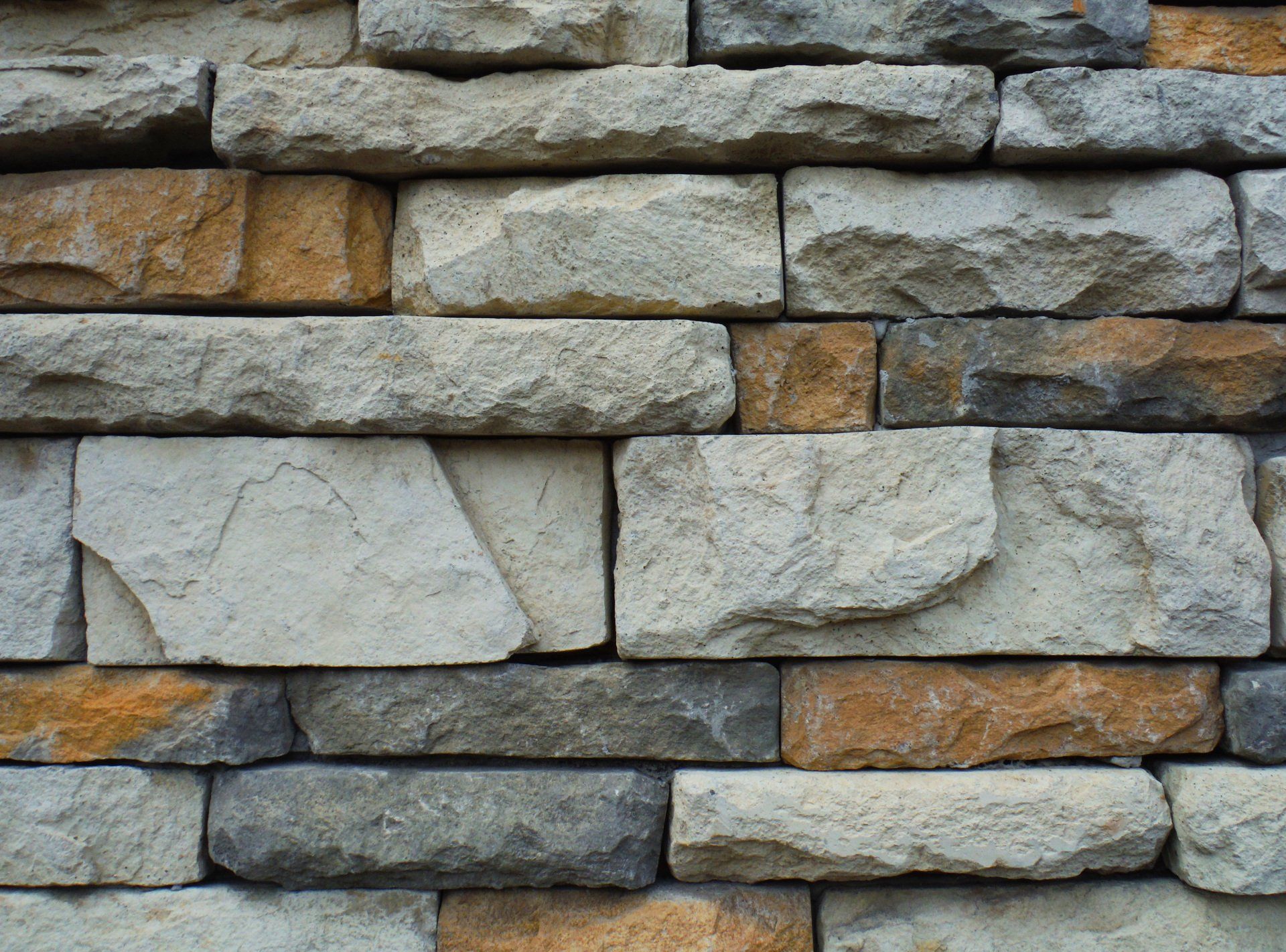What Are Your Kitchen Needs?
The best way to choose the countertop replacement for you is to match the needs of your kitchen with the available materials. The needs in your kitchen can be anything from your cooking style to how much time you’re willing to put into maintaining your countertop. Some materials require re-sealing of the surface, some are vulnerable to stains and some might scratch or crack when your family drops a dish or uses a knife. Life in your home should ultimately help you decide how durable your countertops need to be. Once you recognize your particular requirements, it will be easier to eliminate some of the material options from the group.
Granite
A coarse-grained igneous rock composed mainly of orthoclase, albite feldspars and quartz, usually with lesser amounts of one or more minerals, such as mica, hornblende, or augite. These minerals contribute to the color and texture of the various granites. Crystal size is determined by the rate at which the granite cools. A fine-grained granite signifies it’s been cooled faster. The value of this popular product is defined by its availability. The rarer the material, the more exotic it is. We carry a variety of premium quality granite slabs available in polished, honed or leather finish and range from ordinary colors to the most exquisite exotics mother nature has to offer.
The versatility of granite spans centuries and isn’t going anywhere soon. With ranges of color and texture, with thickness and weight, you can be sure to find something you’ll love in the granite family.
Natural Stone is a classic and timeless choice for countertops and does not require a lot of special care. Natural Stone offers a special and one-of-a-kind beauty that is hard to match in a man-made world. There will always be natural imperfections/ characteristics that occur in every stone. These characteristics can be noticeable depending on the position (vertical or horizontal) of the stone and the type of lighting present.
QUARTZ
Engineered quartz (not to be confused with Quartzite, another appealing natural stone used as counters) is a manmade product created mostly from natural materials. It's made of 90 to 94 percent ground quartz and 6 to 10 percent resins and pigments that are combined into durable and nonporous slabs.
Quartz is usually, but not always, a little less expensive than granite, depending on the quality of the stone. Because quartz counters are made with a blend of stone and resin, the resulting surface is very hard, like granite, but also glossy and non-porous. The resins and polymers used to create quartz countertops makes them completely nonporous, which means they should be impervious to stains.
Quartz is composed from natural minerals, offers the visual depth of natural stone and is available in many colors and patterns. Following the recommended care and maintenance will help ensure your quartz surface remains beautiful for many years to come.
MARBLE
An elegant material that adds a touch of class and sophistication to any home or building. This metamorphosed limestone, consisting of recrystallized calcite or dolomite, occurs in a wide range of colors and used in sculpture and architecture. Calcite and dolomite marbles are of pure white color. When impurities occur, they form bands, streaks, and clouds altering the stones appearance and making it a unique piece of natural art.
QUARTZITE
Quartzite is a hard, non-foliated metamorphic rock which was originally pure quartz sandstone. Sandstone is converted into quartzite through heating and pressure usually related to tectonic compression within orogenic belts, which makes quartzite extremely hard and scratch resistant. Perfect for countertops!
SILESTONE
Silestone comes in various color/texture combinations that mimic natural veining like marble and granite. However, Silestone shines a little brighter than granite or marble because of its naturally occurring sparkle in the quartz crystals. Due to its consistency, it hides seams very well too.
Silestone is a combination of natural quartz and other raw materials that are extraordinarily hard and resilient. These characteristics combine to create an ideal surface for kitchen countertops, bathrooms, flooring, and wall siding.
Because it is quartz, some varieties of Silestone can be quite lustrous. Because of the embedded minerals, Silestone can look very deep and have a three-dimensional appearance much like (but not perfectly equal to) natural stone.
Silestone is a non-porous surface and highly resistant to staining caused by coffee, wine, lemon juice, olive oil, vinegar, makeup, and many other everyday products. You never need to seal Silestone.

